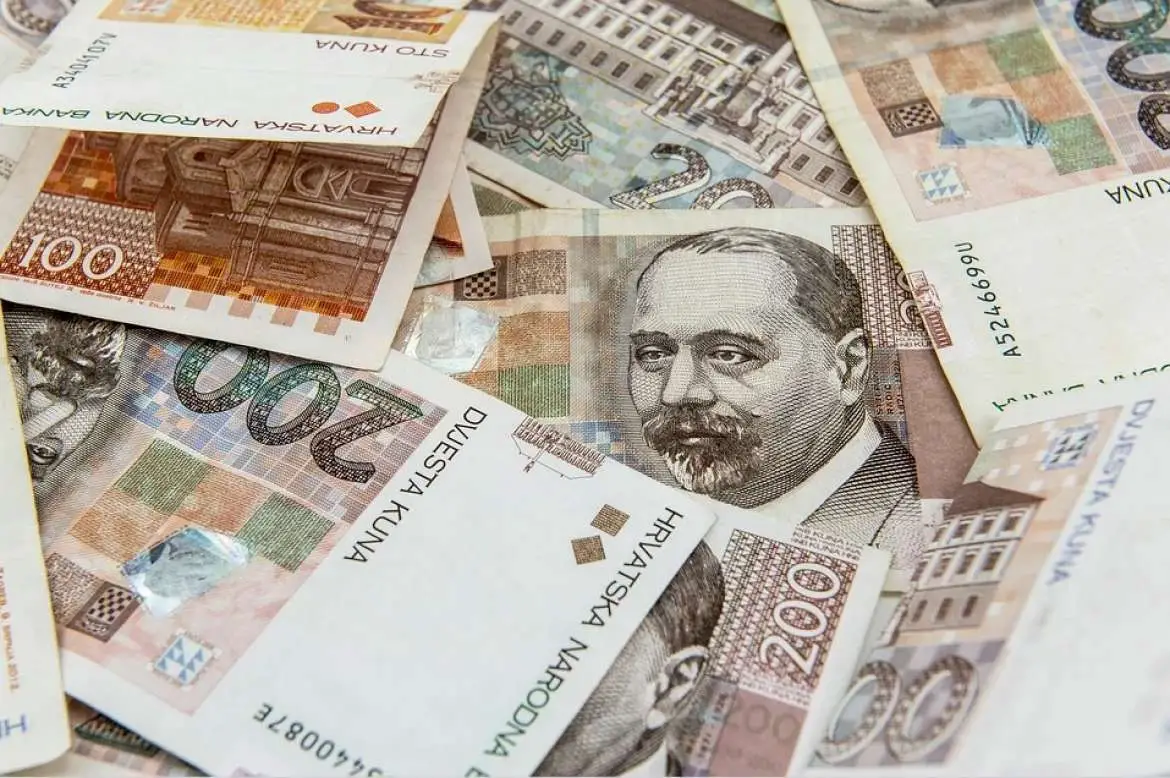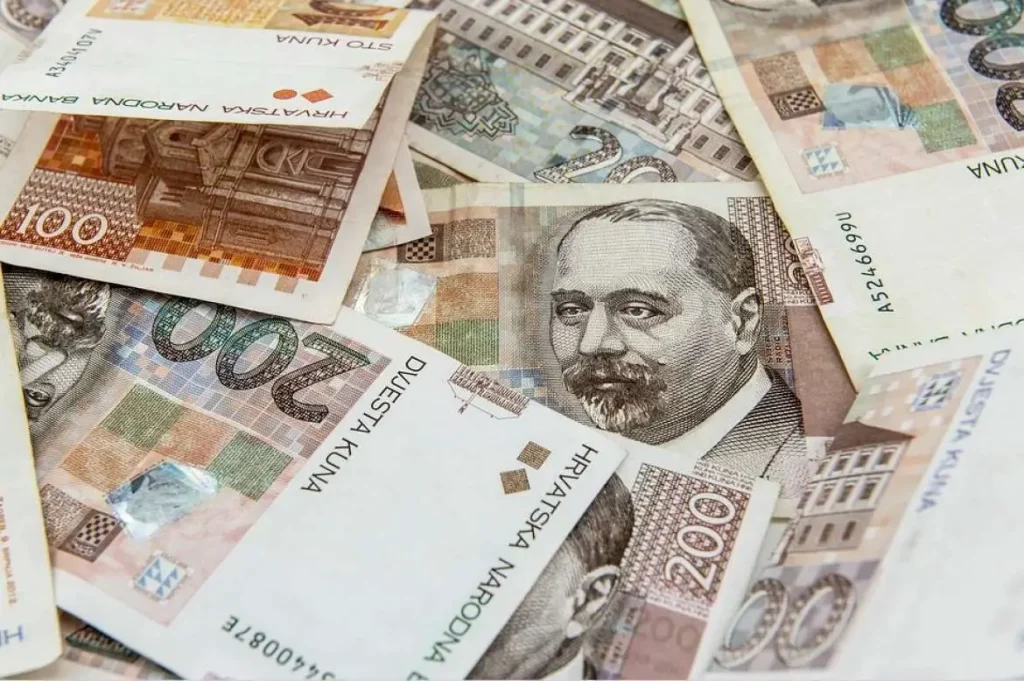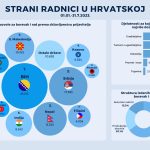
As Poslovni Dnevnik writes on the 8th of July, 2020 due to the coronavirus pandemic, the Croatian economy is among the three most affected in the EU, and the European Commission’s summer forecasts are that our GDP could fall by 10.8 percent. Minister Maric said that Croatia is sticking to its estimate of a 9.1 percent GDP drop, but also announced higher salaries for about a million residents.
When it comes to government finances, Minister Maric reported that back in June, the decline in the amount of fiscalised receipts compared to June last year was about 16.5 percent. As for budget revenues, VAT in June, he pointed out, saw a plus when compared to June 2019, due to the overflow from May, so this isn’t a realistic look at things, but since the beginning of the year, tax revenues have fallen by a total of between 13 and 15 percent.
The Croatian Government plans to achieve wage growth by reducing income tax rates from 36 to 30 percent and from 24 to 20 percent, which is a move residents will immediately feel in their pockets and bank accounts.
When asked by journalists whether this means that, due to the reduction of income tax, about a million residents will have higher salaries in the first year of the new government’s mandate, he answered briefly: “That’s right.”
Economist Zeljko Lovrincevic agrees with Miniser Maric’s forecast that the economic downturn should be slightly smaller than the European Commission’s currently dire estimates. How the drop in GDP will affect the standard of living of Croatian residents, he says, depends primarily on whether there will be compensatory measures for the economy and employment support, and of course the question is then who will finance them. It also depends on what the wage policy will be. What is certain is that the state doesn’t have much room to help the economy at this moment in time.
The aid plan is questionable…
When it comes to aid of 10 billion euros that should come from the European Union itself, Lovrincevic noted that there has been no talk of that from Europe.
”That plan hasn’t been agreed. That rabbit is still far away in the forest,” said Lovrincevic.
Economist Damir Novotny said that, if you look at the economic history after the Second World War, there were incomparably worse situations than the one we’re in today. Since the 1990s, he recalls, Croatia has had a bad economic situation for a whole decade, due to the Homeland War. The economic situation, he continues, began to improve in 2002, when wages also rose, and then came 2008. As a result of the financial crisis, 150,000 people in the private sector lost their jobs. The state sector then protected itself, taxes were raised in the then-introduced crisis tax, meaning that the state sector passed practically unscathed.
Government measures are crucial
Novotny states that Croatia has had very anemic economic growth over the last ten years, but admits that the government has responded well with its various measures to try to save jobs. How this crisis will affect regular people, he says, is currently difficult to assess. He agrees that it all depends on how long the government’s measures to help the economy will last.
”The big question is how long they can last, but it’s certainly not infinite. What happened back in 2009 could happen again if the government’s intervention doesn’t continue. Recovery must be accelerated and that’s something I hope will happen, because today we’re in different circumstances than we were back in 2009 because we’re also now a member of the EU, where we have access to the anti-recession measures that are offered,” noted Novotny.
He also pointed out that European Union money, which is intended to help the economy, will probably be conditioned by the implementation of structural reforms, without which, Croatia won’t get its pockets filled.
Lovrincevic and Novotny both agree that the situation for Croatia would be much better if we were a member of the European Monetary Union because we would have even more measures at our disposal to help the economy damaged by the coronavirus crisis.
Andrej Plenkovic doesn’t have time to wait around for the economic storm that is on its way to Croatia and he will have to quickly put together a team that will be there to face many challenges. The elections will be repeated at one polling station next week, and only after that will the final results of the parliamentary elections be announced. That’s when the deadlines for constituting the Parliament and forming a new government will begin. Andrej Plenkovic can calmly wait for consultations with President Zoran Milanovic because he collected the required 76 hands in half a day. He spoke with President Milanovic on Monday, and after the announcement of the final election results, they’ll contact him again to arrange a formal meeting.
It is to be expected that Plenkovic could get the mandate to form the Government by the end of next week at the latest, and then he has thirty days to form his new team. The president should convene a constituent session of the Parliament within twenty days of the announcement of the final election results, and HDZ believes that this won’t be delayed and that it will occur by the end of this month.
HDZ and its partners hope that the new government will be confirmed during the first few days of August, ie, before the anniversary of Operation Storm (Oluja), on August the 5th. It was announced earlier that the Parliament, once constituted, will certainly not have a break as it has enjoyed so far, but all of that needs to be discussed and worked out.
For more, follow our politics page.








